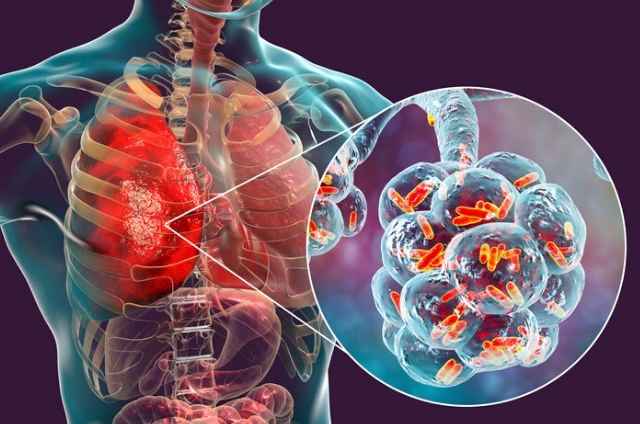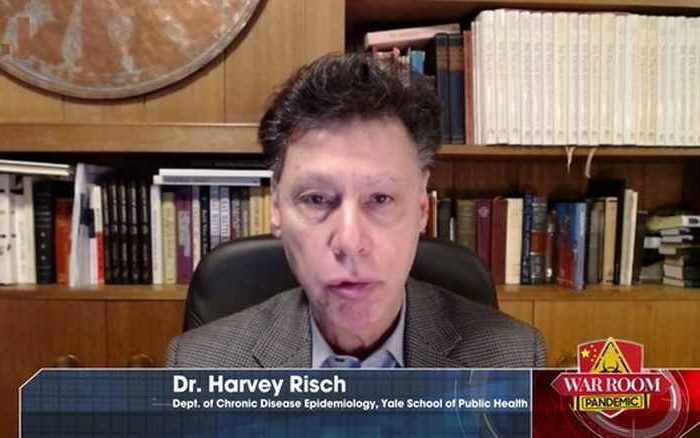First coronavirus reinfection reported in a recovered COVID-19 patient in Hong Kong, researchers say

Back in February, we wrote about a study conducted by a team of Chinese doctors working in the Hubei Province capital after they found that coronavirus reinfection was a possibility and deadlier than ever reported. At the time, their claim was rejected by other scientists. They concluded that it was possible to get infected by the novel coronavirus (COVID-19) a second time and could lead to death from heart failure in some cases.
Now for the first time, researchers at the University of Hong Kong are reporting similar findings, which further supports what Chinese doctors reported back in February. Today, researchers announced that a 33-year-old man who was first infected by SARS-CoV-2 in late March and then, four and a half months later, seemingly contracted the virus again while traveling in Europe.
Unlike the study conducted in February, the University of Hong Kong researchers sequenced the virus from the patient’s two infections and found that they did not match, indicating the second infection was not tied to the first. They found there was a difference of 24 nucleotides — the “letters” that make up the virus’ RNA — between the two infections.
Their finding now raises questions about the durability of immune protection from the coronavirus. But it was also met with caution by other scientists, who questioned the extent to which the case pointed to broader concerns about reinfection. In a statement, the researchers said:
“This is the world’s first documentation of a patient who recovered from Covid-19 but got another episode of Covid-19 afterwards.”
In a separate statement, Malik Peiris, a virologist at the University of Hong Kong, who is not part of the research team but familiar with the case, said:
“The fact that somebody may get reinfected is not surprising. But the reinfection didn’t cause disease, so that’s the first point. And the second thing is that it is important to know whether the patient mounted a neutralizing antibody response to the first infection or not. Because the vast majority of patients in our experience do mount a good neutralizing antibody response. So is this person an outlier or is he likely to be the average person infected?”
Other medical experts cautioned that Hong Kong COVID-19 patient’s case could be an outlier among the tens of millions of cases around the world. They added that immune protection may generally last longer than just a few months.
Responding to the announcement on Monday, Maria Van Kerkhove, a coronavirus expert at the World Health Organization, said at a briefing Monday when asked about the Hong Kong paper:
“There’s been more than 24 million cases reported to date. And we need to look at something like this at a population level.”
Other scientists said that more ongoing studies tracking patients who had recovered from Covid-19 would help reach more definitive conclusions.

